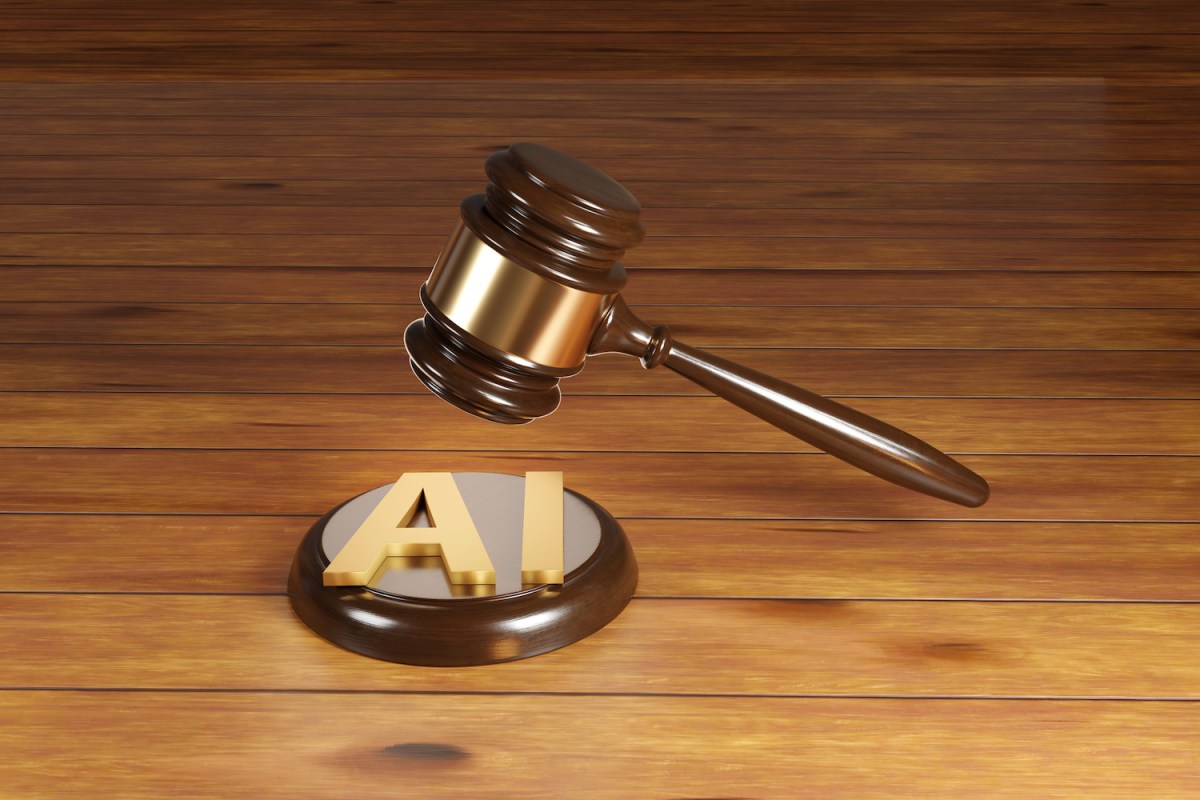High Court Urges Lawyers to Address AI Misuse in Legal Research
The High Court of England and Wales has emphasized the need for legal professionals to take more robust measures to mitigate the potential misuse of artificial intelligence (AI) in legal proceedings. In a recent judgment that interconnected two significant cases, Judge Victoria Sharp underscored the limitations of generative AI tools like ChatGPT in performing reliable legal research.
The Limitations of AI in Legal Applications
Judge Sharp articulated her concerns, stating that while these AI tools can generate responses that may seem coherent and credible, the veracity of such information is often questionable. "These responses can convey confident assertions that are fundamentally inaccurate," she noted. This commentary highlights the precarious nature of relying on AI for legal matters.
Despite these limitations, Judge Sharp clarified that lawyers are not prohibited from utilizing AI in their research processes. However, she stressed a critical responsibility: lawyers must verify the accuracy of AI-generated information against authoritative sources before incorporating it into their professional work.
Growing Concerns Over AI-Generated Misinformation
The judge pointed out the increasing frequency of cases in which lawyers, including those representing significant AI firms in the U.S., have referenced AI-generated inaccuracies. She asserted that “more needs to be done to ensure compliance with existing guidance and to uphold lawyers’ obligations to the court.” This ruling will be communicated to key professional bodies such as the Bar Council and the Law Society.
Case Examples: Missteps in Legal Filings
In one notable case, a lawyer advocating for a client seeking damages against two banks submitted a legal document that included 45 citations—18 of which were nonexistent. Many other citations were similarly flawed, lacking relevant quotations and failing to support the assertions for which they were referenced.
In another instance, a lawyer representing a client facing eviction cited five cases that also did not exist. Although the lawyer denied employing AI directly, she indicated that these citations might have been drawn from AI-generated summaries encountered through search engines. Judge Sharp remarked that while the court opted not to pursue contempt proceedings, this decision does not serve as a precedent.
Consequences for Non-Compliance
"The risks for lawyers who do not adhere to professional obligations are severe," Judge Sharp warned, stressing that the consequences for non-compliance could range from public reprimands to potential costs, contempt proceedings, and even referrals to law enforcement agencies.
Both attorneys involved in the cases have either been referred to or have voluntarily approached professional regulatory bodies. Judge Sharp’s remarks serve as a crucial reminder of the responsibilities that legal professionals hold in maintaining the integrity of the judicial process amidst the evolving landscape of artificial intelligence technology.
In conclusion, the High Court’s ruling underscores the necessity for lawyers to re-evaluate their reliance on AI in legal research and emphasizes a commitment to accuracy, professionalism, and accountability in the courtroom.




